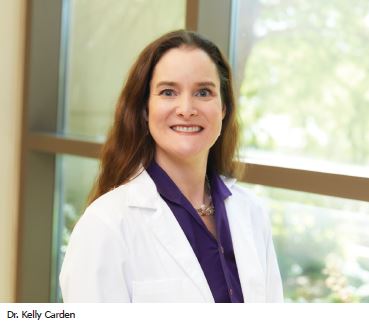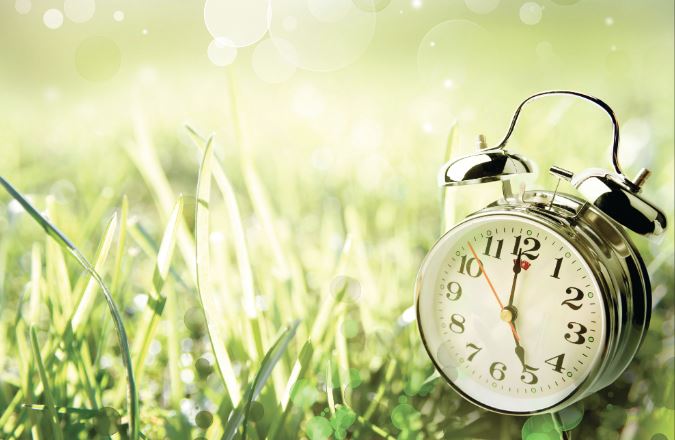The case for eliminating seasonal time changes.
In most of the United States, daylight saving time starts each year on the second Sunday in March when we set clocks ahead one hour. A growing body of evidence shows that this time change has negative consequences on health and safety. While there is increased support to end the spring and fall time changes, there is some disagreement about whether daylight saving time or standard time is best.
It is the position of the American Academy of Sleep Medicine that the U.S. should eliminate seasonal time changes in favor of a national, fixed, year-round time. Current evidence best supports the adoption of year-round standard time. This position is supported by more than 20 health, safety and community organizations, including the National Safety Council, National Parent Teacher Association and World Sleep Society.
HOW TIME CHANGES IMPACT OUR SLEEP
In the human brain there is a master clock that regulates the timing of hormone production and other biological functions. The timing of this clock follows a “circadian” rhythm of about 24 hours. Light is one of the strongest signals that helps synchronize the body clock. Bright morning sunlight indicates that it is time for your body to increase production of hormones that promote alertness. In contrast, darkness at night indicates that it is time for your body to produce more melatonin, which promotes sleepiness.
“Springing forward” to daylight saving time causes a sudden and lasting disruption to this daily rhythm, as daylight persists later in the evening. Increased evening daylight can make it harder for you to fall asleep at night. If you still must wake up at a fixed time for work or school, then you are likely to experience an element of sleep loss during daylight saving time.
Currently, daylight saving time ends in most of the United States on the first Sunday in November. However, if daylight saving time were to become permanent, then the long, dark mornings of winter would be even longer. Permanent daylight saving time would push sunrise later, making it even harder to wake up in the morning during the winter.
HEALTH AND SAFETY CONSIDERATIONS
The change to daylight saving time in the spring is associated with negative consequences for health and safety, all of which may be related to sleep disruption and sleep loss. Negative effects of switching to daylight saving time include an increased risk of stroke and hospital admissions. Researchers recently found an 18-percent increase in adverse medical events related to human error in the week after switching into and out of daylight saving time. Studies also show that traffic fatalities have increased as much as six percent in the first few days following the time change in the spring. There also is evidence that some hormone rhythms never adjust to daylight saving time even after several months.
STANDARD TIME IS BEST
There is widespread support for the elimination of seasonal time changes. While some advocates have proposed to make daylight saving time permanent, the establishment of permanent standard time is the favored option by many experts. Because standard time is more closely aligned with the timing of the human body clock, it is better for our sleep— and our health —than daylight saving time.
The AASM and its allies are advocating nationally for the U.S. Congress to “stop the clock” and implement permanent standard time nationwide. In the United States, you can support this effort by going to aasm.org/advocacy/take-action to contact your elected officials.

……………………………………………….
Kelly Carden, MD is a sleep physician with Saint Thomas Medical Partners – Sleep Specialists in Nashville, Tennessee. The immediate past president of the AASM board of directors, she earned her medical degree from the University of Tennessee College of Medicine in Memphis and completed her residency in internal medicine at Baylor College of Medicine in Houston. Dr. Carden then completed fellowships in pulmonary medicine, critical care, and sleep medicine at Harvard Medical School in Boston. She now devotes all of her clinical time to the practice of sleep
medicine.



